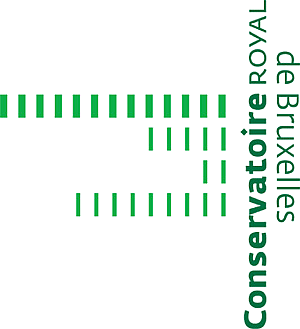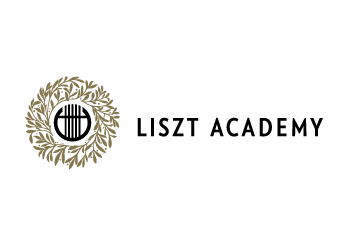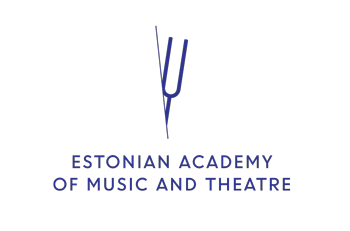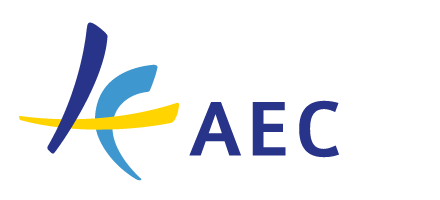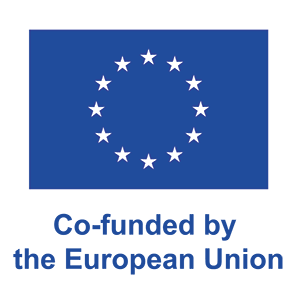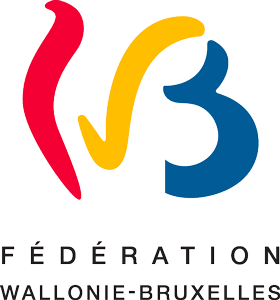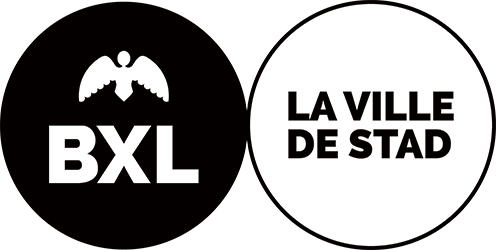Further information
-
assessment
Comprehensive exam CE , Other (1) Weekly assessment 30%, 2) Theoretical readings 20%, 3) Own presentation 20%, 4) Final Journal 30%) -
level
Beginner -
 Completed SemesterFirst and Second Semester
Completed SemesterFirst and Second Semester -
How many semesters does the course last?
2 -
hours per week
1.5 -
 Link of the course
Link of the course -
 Target group of courseInstrumentalists, beginner
Target group of courseInstrumentalists, beginner
Music theory students, beginner -
 creditsN/A
creditsN/A -
 Type of CourseLecture
Type of CourseLecture -
Degree Level
Bachelor -
 e-learning-elementsN/A
e-learning-elementsN/A -
Course
Mandatory -
students #
15-25 students -
Hours per year
30 -
BIBLIOGRAPHY
- Kofi AGAWU, Music as discourse, Oxford University Press, Oxford, 2008
- Byron ALMÉN i Edward PEARSALL (a cura de), Approaches to Meaning in Music. Indiana University Press: Bloomington i Indianapolis 2006
- Dietrich BARTEL, Musica Poetica. Musical-Rhetorical Figures in German Baroque Music. University of Nebraska Press, Lincoln i Londres 1997. Original alemany: Handbuch der musikalischen Figurenlehre. 4a ed. revisada: Laaber, Regensburg 1997
- Benet CASABLANCAS, El humor en la música. Broma, parodia e ironía. Edition Reichenberger: Kassel i Berlín 2000
- Ferruccio CIVRA, Musica poetica. Introduzione alla retorica musicale. UTET Libreria: Torí 1991
- Nicholas COOK, A Guide to Musical Analysis. Oxford
- Joan GRIMALT, La música de Gustav Mahler. Una guia d'audició. Ed. Duxelm: Barcelona 2012
- Joan GRIMALT, Música i sentits. Duxelm: Barcelona 2014.
-
ONLINE CATALOGUE
WITH CONTENTS -
evaluation grid
-
evaluation grid
and document
Teacher(s)
Joan Grimalt
current position
Professor of Music Analysis and Analysis Workshop
Institution
Escola Superior de Musica de Catalunya
Be a part of our european project !
This European project (KA 203 Strategic Partnership) created by Salvatore Gioveni promotes cross-border collaboration in the field of Music Theory through sharing knowledge and transferring pedagogical innovation. It thus responds to a lack of centralised source and framework to deepen reflection by means of cross-disciplinary study at European and international level.
There is a significant wealth of educational practices from one country to another in this sector, especially in terms of harmonic musical notation and analysis. However, HMEI's are facing the nonexistence of a European network for pedagogical staff in Music Theory so far. To improve the situation, the project will among other things develop several intellectual outputs such as Online Platform (IO 1), an EU Bibliography (IO 2), a Repository Courses (IO 3), a Multilingual Glossary (IO 4) and an Exchange Online Learning Platform.
Besides the Conservatoire royal de Bruxelles as leader and manager of the project, the following partner institutions are involved: Music Academy S. Moniuszki Gdańsk (Gdańsk, Poland), F. Liszt Academy of Music Budapest (Budapest, Hungary), Estonian Academy for Music and Theatre (Tallinn, Estonia), HfMTh "Felix Mendelssohn Bartholdy" (Leipzig, Germany).
 | 2025
| 2025
